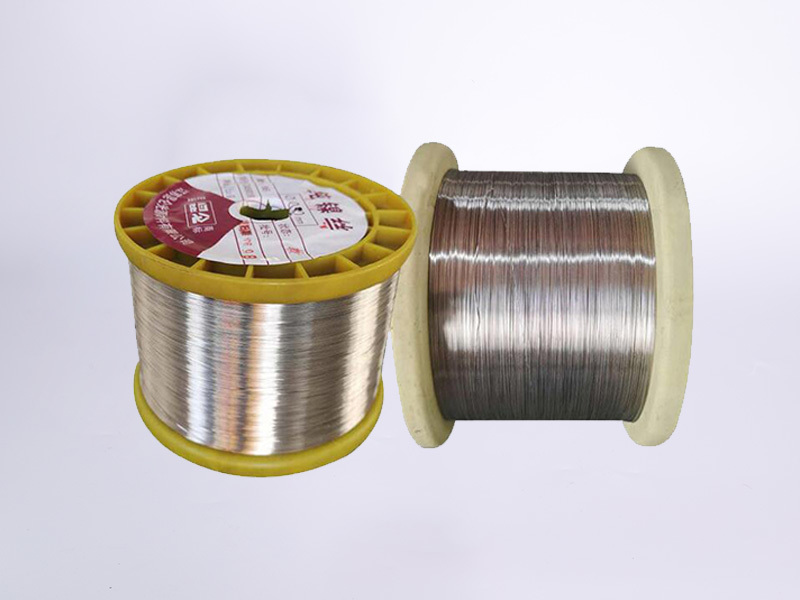Heat-resistant nickel alloys
Release time:
May 17,2025
Heat-resistant nickel alloys are a specialized group of metallic materials known for their ability to withstand extreme temperatures and harsh environments. These alloys are primarily composed of nickel, along with various other elements such as chromium, iron, and molybdenum, which significantly enhance their performance in high-temperature applications. The high nickel content provides excellent corrosion resistance, while the additional elements improve mechanical strength and oxidation resistance.
One of the key features of heat-resistant nickel alloys is their ability to maintain structural integrity at elevated temperatures. This property is essential for industries such as aerospace, power generation, and chemical processing, where components are often subjected to intense heat and pressure. For instance, turbine blades used in jet engines and gas turbines are often made from these alloys, as they must endure temperatures exceeding 1000°C while maintaining mechanical properties
In addition to their high-temperature capabilities, heat-resistant nickel alloys exhibit excellent fatigue resistance. This means that they can withstand repetitive stress without significant degradation, making them ideal for components that experience cyclic loading during operation. Applications in the automotive and aerospace sectors, such as exhaust systems and combustion chambers, benefit from this characteristic, ensuring safety and reliability.

Another important aspect of heat-resistant nickel alloys is their resistance to oxidation and carburization. In environments where reactive gases are present, such as in gas turbines or petrochemical processes, these alloys provide a barrier against degradation. This resistance extends the lifespan of components, reducing maintenance costs and downtime.
Moreover, the versatility of heat-resistant nickel alloys allows for various manufacturing processes, including casting, forging, and machining. This adaptability enables engineers to design intricate components tailored to specific applications, ensuring optimal performance and efficiency.
The economic benefits of utilizing heat-resistant nickel alloys cannot be overstated. While the initial material costs may be higher than that of conventional metals, their durability and resistance to wear and corrosion result in lower long-term maintenance and replacement expenses. This makes them a wise investment for industries that prioritize performance and longevity.
In conclusion, heat-resistant nickel alloys represent a vital material class in modern engineering, offering unparalleled performance in high-temperature applications. Their unique combination of strength, resistance to oxidation, and durability ensures they remain a preferred choice for various critical components across multiple industries. Understanding the properties and benefits of these alloys can help businesses make informed decisions about material selection, leading to enhanced performance and reduced operational costs.
Recommended News
2024-11-14






